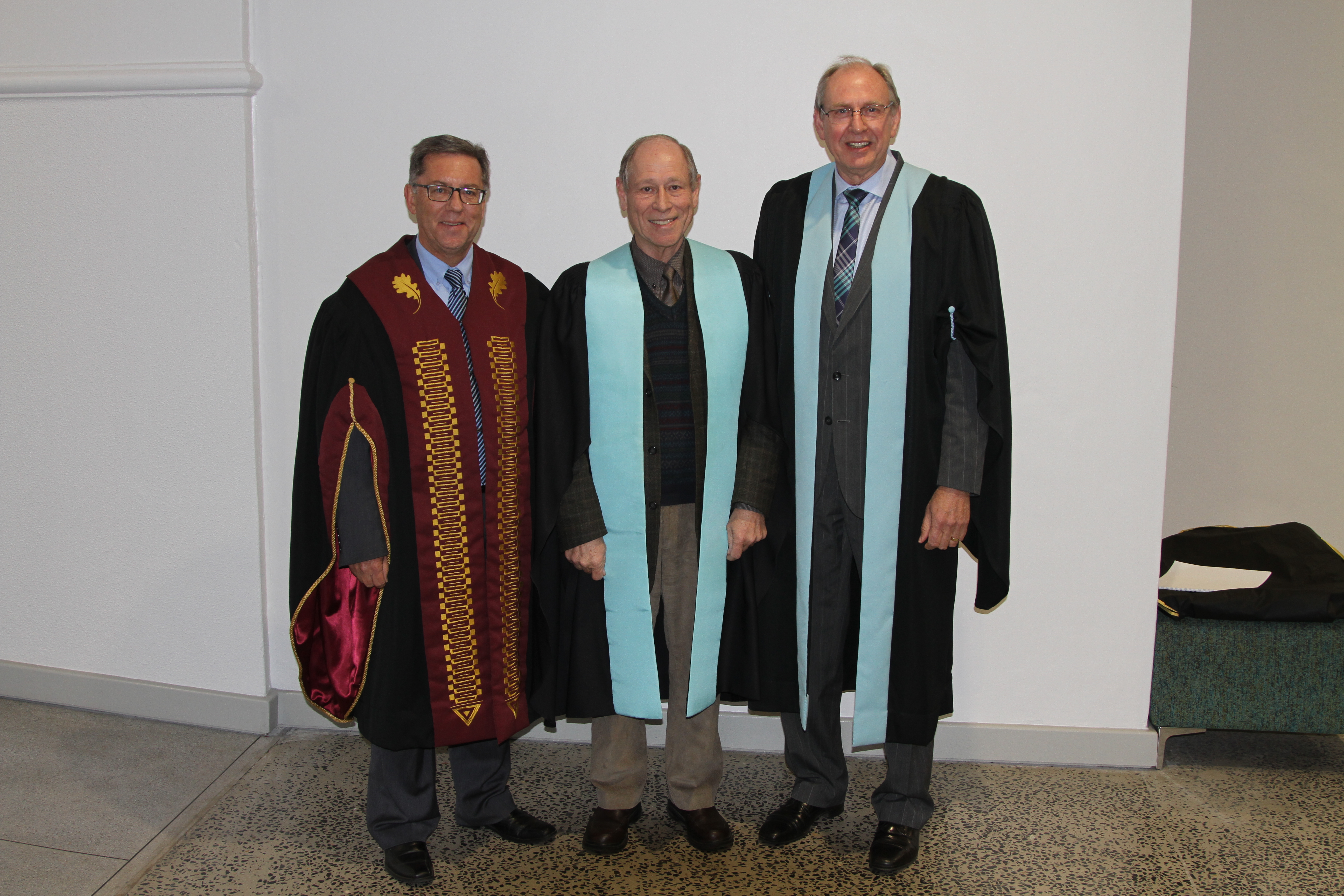Ethical leadership can help organisations function more effectively and minimise the prevalence of unethical employee behaviour.
This was one of the viewpoints of Prof Amos Engelbrecht of the Department of Industrial Psychology at Stellenbosch University in his inaugural lecture on Thursday (27 July 2017).
Highlighting the importance of ethical leadership to build effective and ethical organisations, Engelbrecht said “research indicates that ethical CEOs can positively influence organisational effectiveness through an ethical culture if a strong organisational ethics programme exists."
“If an organisation has strong cultural moral standards and values and publicly expresses these values in its strategic decisions and social responsibility activities, it may gain a sound ethical reputation, which in turn builds the trust of business partners, customers and other stakeholders."
Engelbrecht pointed out that leaders are responsible for developing and cultivating an ethical culture in their organisations.
“Organisational leaders should take full responsibility for cultivating an ethical culture through ethical leader behaviour. The development of an ethical culture will be part of the solution to the problem of escalating unethical practices in organisations."
“It is crucial for leaders in organisations to accept the challenge to develop an ethical culture
by acting as authentic, ethical role models and by truly committing to business ethics in their decision making and management systems and procedures."
Engelbrecht added top executives should apply the moral guidelines and principles and inspire leaders on all levels in the organisation to become more effective ethical leaders.
He highlighted the role that research can play in fostering ethical leadership in organisations. The challenge for researchers, especially those in the management sciences, is to develop scientific and professional training programmes for ethical leadership in organisations, said Engelbrecht.
He added that they should also focus on cross-disciplinary and cross-cultural approaches to develop a new measure of ethical leadership and conduct evaluation research to determine whether ethical training programmes really improve the ethical behaviour of employees.
- Photo 1: Pixabay
- Photo 2: Proff Eugene Cloete, Vice-Rector: Research, Innovation and Postgraduate Studies, Amos Engelbrecht and Johan Malan, Acting-Dean of the Faculty of Economics and Management Sciences, at the inaugural lecture.
- Photographer: Justin Alberts

